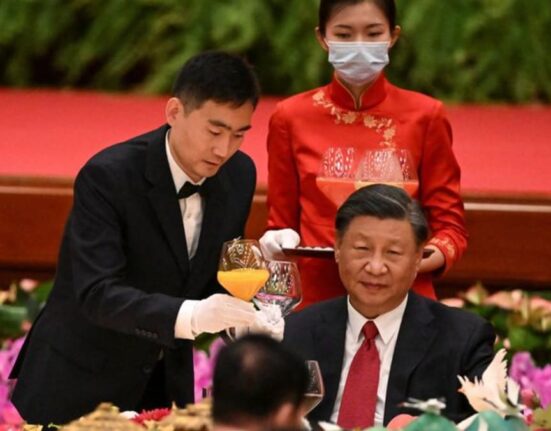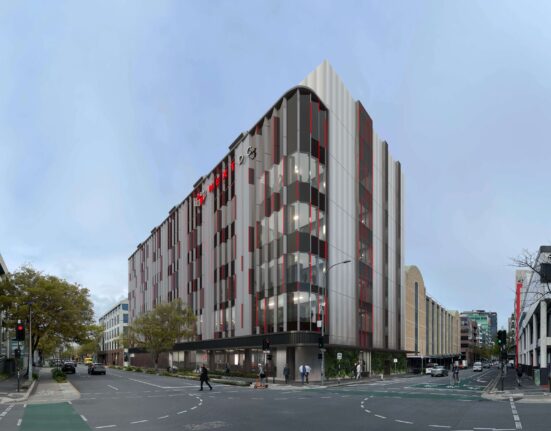Gas, once considered a dirty word for the Labor party, is now at the forefront of discussions regarding Australia’s energy future. Anthony Albanese’s recent decision to support a four-decade extension of Woodside Energy’s North West Shelf project has sparked intense debate and controversy within the country.
The extension plan has been labeled by campaigners as a potential “carbon bomb,
” raising concerns about climate commitments and long-term emissions impact. Despite these reservations, Albanese’s government stands firm on its stance to secure future gas supplies as part of Australia’s transition towards a cleaner economy with net zero emissions.
In a bold move to address climate change, Albanese emphasizes the importance of balancing renewable energy sources with reliable gas infrastructure. As he aptly puts it, “
It’s net zero, not zero. You can’t have renewables unless you have firming capacity – simple as that.
”
The political landscape in Australia reflects a growing tension between environmental advocacy groups pushing for rapid phase-out of fossil fuels like natural gas and industry experts advocating for a more measured approach to the energy transition. The recent decision regarding the North West Shelf extension underscores this delicate balance between sustainability goals and energy security needs.
Dino Otranto, CEO of Fortescue, points out that such extensions raise critical questions about Australia’s climate ambition and the role of fossil fuels in shaping its energy future. This sentiment is echoed by other industry leaders who view prolonged reliance on gas as potentially hindering progress towards achieving emission reduction targets.
While Labor has historically championed renewable energy initiatives, recent challenges in scaling up renewables at the required pace pose practical hurdles. The Australian Energy Market Operator’s concerns about insufficient renewable infrastructure highlight the need for interim solutions like fast-start gas turbines to bridge existing gaps in power generation.
Meg O’Neill, CEO of Woodside, acknowledges a notable shift in public discourse around gas consumption and management amidst evolving energy transitions globally. She emphasizes the essential role that an expanded gas industry can play in facilitating Australia’s energy transition while meeting international demand for LNG cargoes.
Government-backed strategies like the “
future gas strategy” signal strong support for enhancing the country’s gas sector to drive both domestic energy needs and overseas decarbonization efforts through LNG exports. Projects such as Woodside’s Browse basin development represent significant opportunities to tap into untapped gas resources and bolster Australia’s position as an LNG supplier.
As discussions unfold around increased state and federal backing for gas-related projects nationwide—including pipeline investments and LNG terminals—the broader implications on environmental conservation measures remain under scrutiny. Contentious projects like fracking in Northern Territory or Santos’s Narrabri venture face challenges amidst legal appeals from environmentalists and indigenous communities concerned about potential ecological impacts.
Amidst these debates lies a pivotal question: How will Australia navigate its dual objectives of sustainable development and energy security amidst rapidly evolving global climate imperatives? Labor’s evolving stance on natural gas reflects this intricate balancing act as policymakers strive to steer Australia towards a greener future without compromising on essential energy needs.









Leave feedback about this